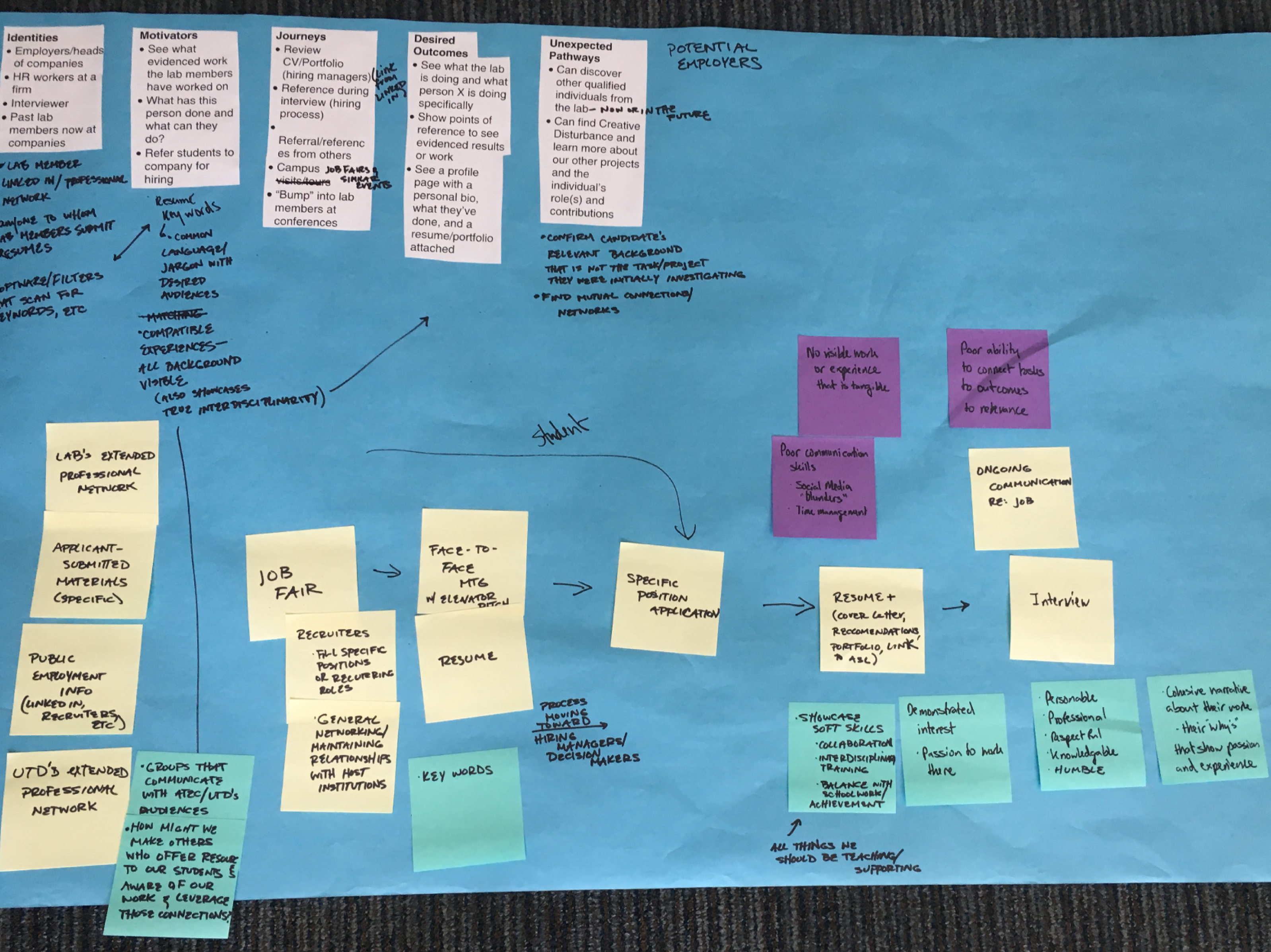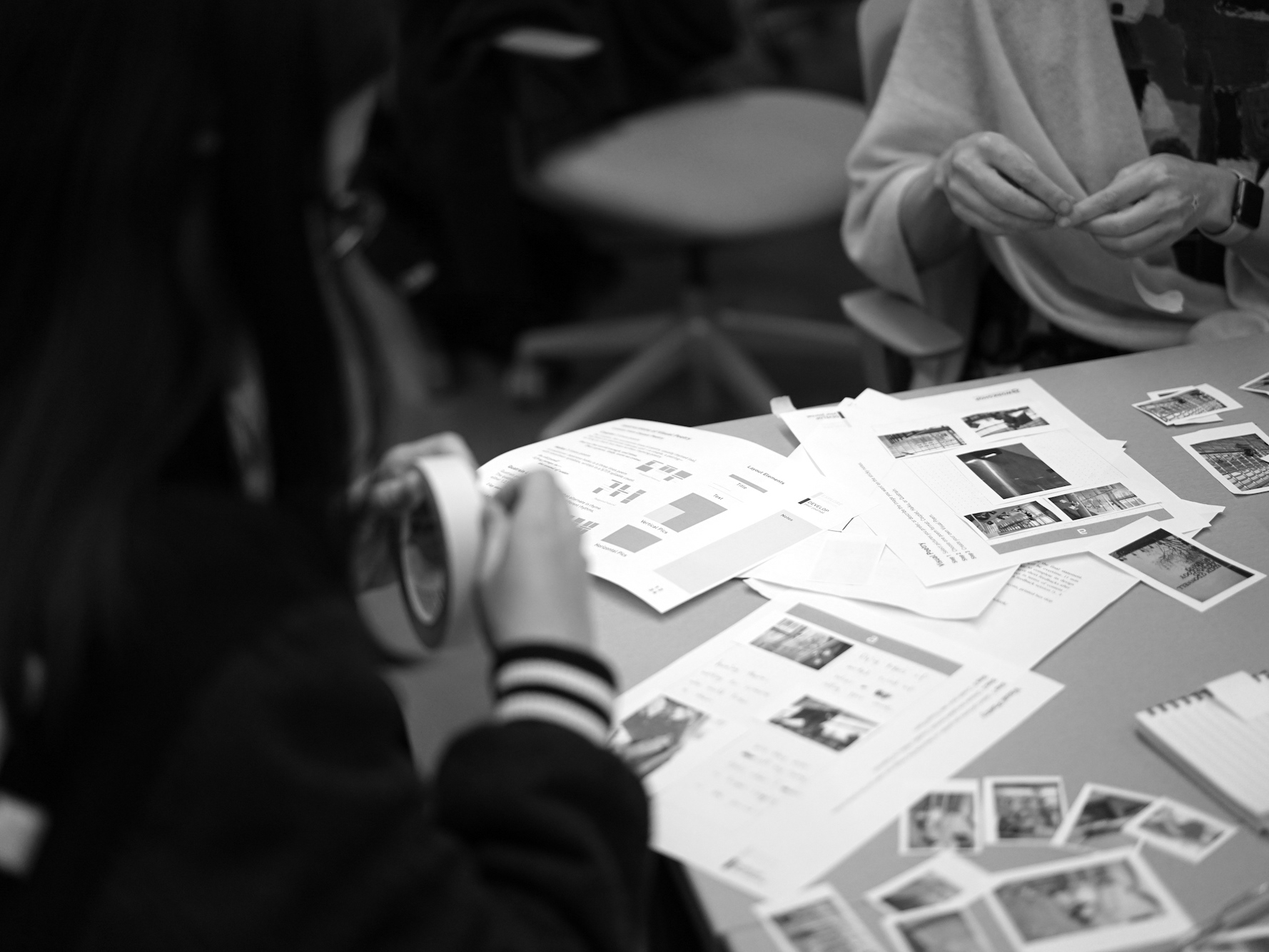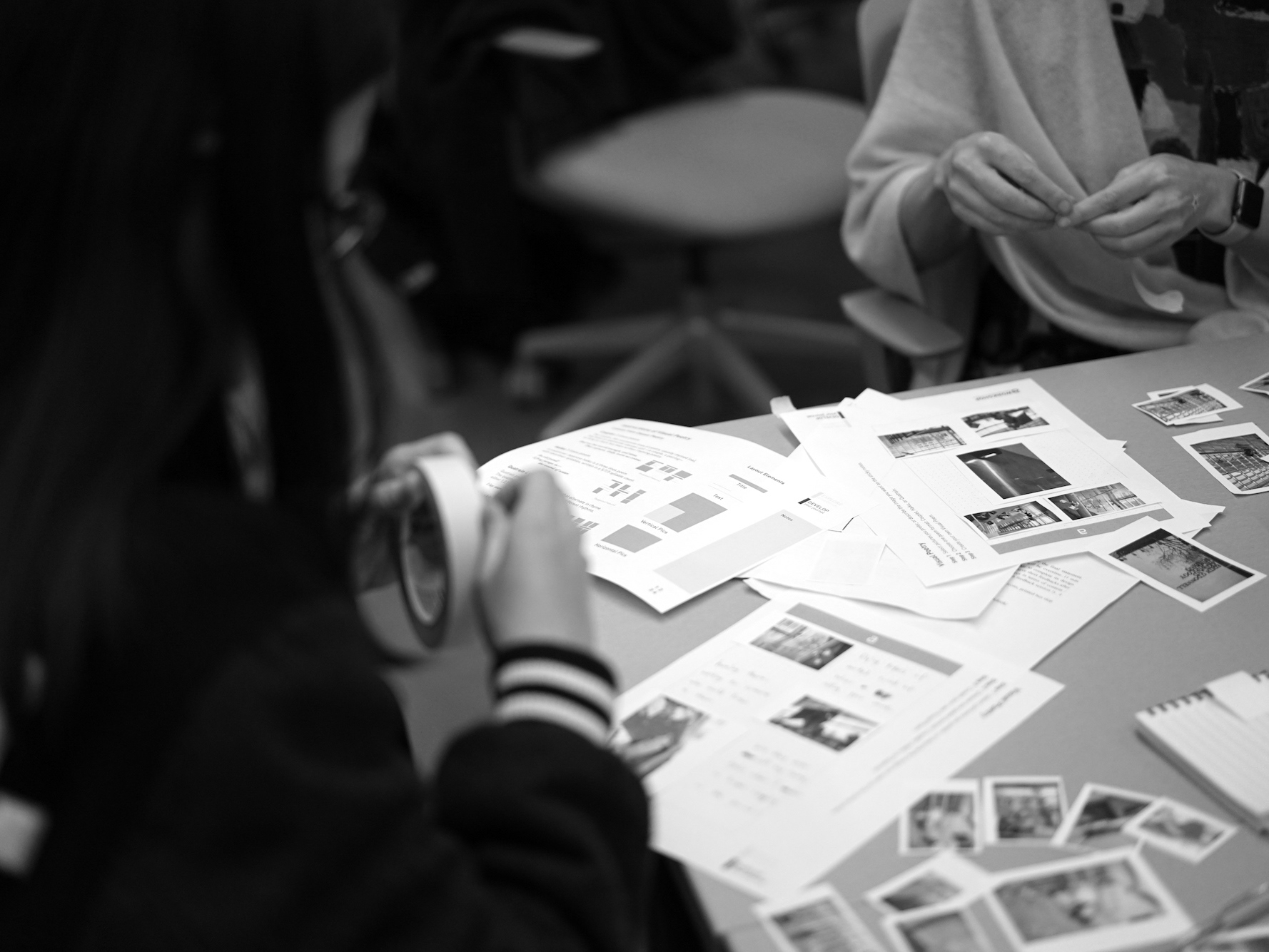Team: Kuo-Wei Lee (MS in Human-Computer Interaction) and Ruoyi Liu (MS in Digital Media)
Course: ID6216 Service Design, Brand, and Value Creation
Advisor: Florian Vollmer
Project:
Net Positive System Thinking for Organizational Transformation (NPST4OTish)
This project explores how corporations can profit by addressing global challenges rather than contributing to them, focusing on net-positive impact, systems thinking, and organizational transformation. The goal was to create a framework that guides organizations toward sustainable and regenerative practices by leveraging service design tools and methodologies.
Theme Selection:
Sustainable and Regenerative Sourcing (SnRS)
Protecting and regenerating nature through sustainable and regenerative sourcing practices, targeting United Nations' Sustainable Development Goals (SDGs) 13—Climate Action, 15—Life on Land, and 17—Partnerships for the Goals. The ultimate goal is to deliver resilient and regenerative natural and agricultural ecosystems through circular economy principles like reusing, refurbishing, and recycling resources to extend their lifecycle and minimize waste.
Preliminary Problem Space Research:
Our research and design process began with secondary research: a literature review to explore sustainability practices, regenerative sourcing, and transparency. We then developed an ecosystem map to analyze relationships among manufacturers, distributors, stakeholders, and consumers.
Timeline:
Primary Research and Design Process:
Market and trend analysis highlighted emerging opportunities, while user and stakeholder interviews provided key insights for user-centered solutions. Using empathy maps and personas, we identified motivations and pain points, which informed journey mapping to visualize user experiences. We crafted a Business Model Canvas (BMC) to design sustainable frameworks and conducted participatory design workshops to co-create solutions with stakeholders. Through iterative service prototyping and concept validation, we refined our ideas based on user feedback. The final deliverables presented a comprehensive service design framework aimed at promoting sustainable purchasing decisions and fostering regenerative ecosystems
Problem Statement:
Research Design and Implementation:







